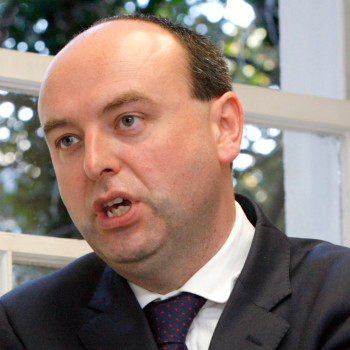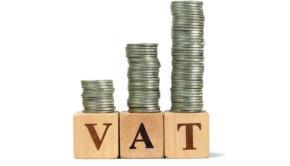Economic recovery firmly under way

Ibec published its Consumer Monitor 2014, which outlines how the economy is beginning to recover
8 September 2014
Economic recovery is firmly under way with rising employment, strong consumer sentiment and recovering retail sales. This is according to the Ibec Consumer Monitor 2014.
The Irish business group published the monitor today (Monday 8 September) and details how the export recovery has now led to a much broader based recovery, as the fear factor which had so long gripped consumers eases.
Ibec head of Policy and chief economist Fergal O’Brien said: “Now is the time to secure the recovery. The government must take steps in the budget to ease pressure on households. Positive economic trends mean income tax can now be reduced. This money will go back into the economy and ultimately support growth and job creation. There is scope for €300 million worth of income tax reductions, a €100 million reduction in consumer taxes and the abolition of the pension levy. Reducing tax could lead to a 4% rise in disposable income next year.”
According to the monitor, one of the major positive indicators of a consumer recovery has been the rise in employment, with 65,000 more people employed than two years ago. The improving labour market is also thought to have a positive effect on households’ disposable income, as more people get back to work, and ease the pressure on social welfare spending.
As the outlook for personal income improves and the job market continues to improve, households will increase their consumption and reduce the saving rate. Since 2009 the saving rate has fallen from 16.5% to 12.5%, and is expected to fall further on the back of rising consumer sentiment. Private consumption should rise by 1.9% in 2014 and by 2.9% in 2015.
It also stated that as households reduce their liabilities and housing assets benefit from rising house prices, household wealth will recover. This will support private consumption in the medium-term, although in the short-term debt remains a drag on consumption. Falling tracker mortgage rates have been a major boost to the most indebted households over recent years. The monthly cost of a €440,000 tracker mortgage taken out in 2007 has fallen by almost €800.
“Ireland is regaining its attractiveness as a place to live and work. In the last three years the number of immigrants climbed to nearly 56,000 people, 30% are Irish people returning as the economy recovers. Dublin has been the biggest winner from the labour market turnaround with employment up 30,000 in the capital since the first half of 2012. We now need to introduce policies that encourage greater numbers of recent emigrants to come home. This should involve tax cuts, further institutional reform and increased investment in infrastructure and education,” O’Brien said.
For more information on the Ibec Budget 2015 submission see www.ibec.ie/budget2015



 Print
Print




Fans 0
Followers